Tag: Mayoral elections
-
Meet the 2021 Forks mayoral candidates
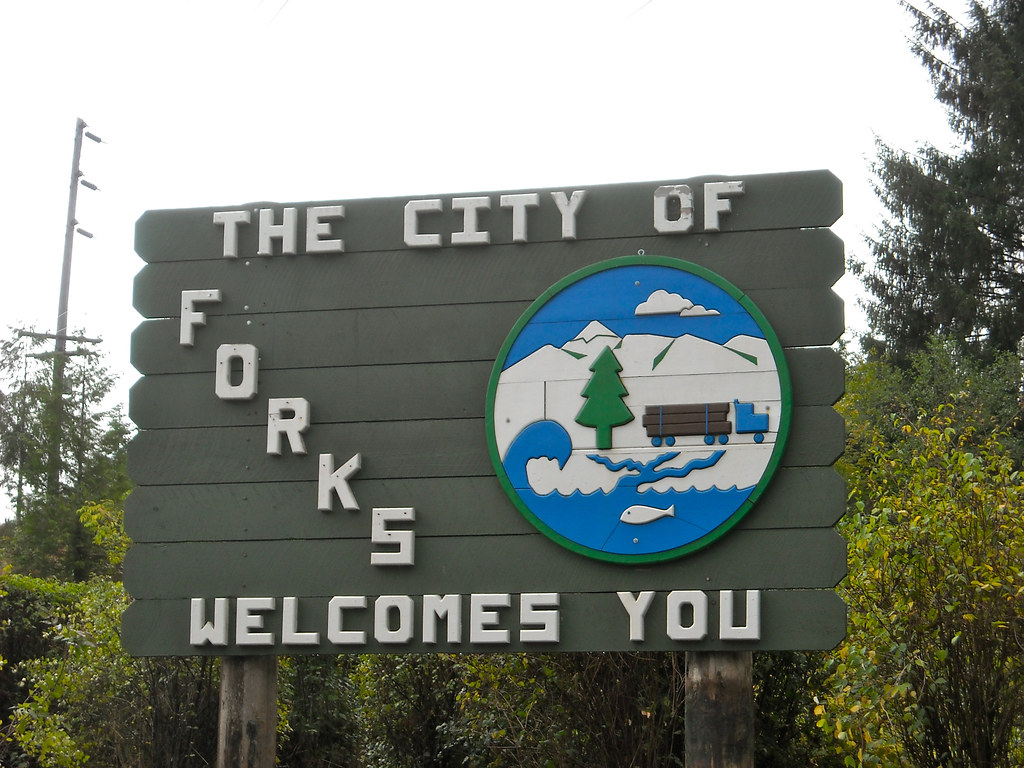
The city of Forks, in Clallam County, Wash., is holding municipal elections on Nov. 2, 2021. The mayor’s office is one of those seats up for election. The mayor serves a four-year term alongside five city council members. Candidates submitted statements to the Washington Secretary of State when they filed a Declaration of Candidacy for…
-
Boston mayoral debate highlights differences on housing, policing policy and more
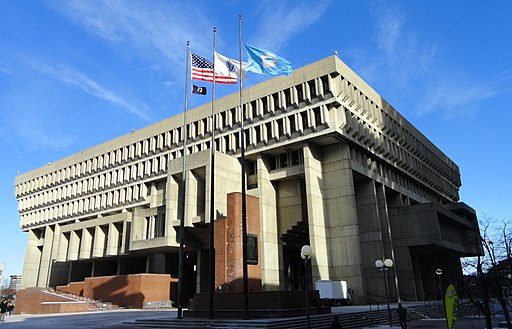
In Boston’s Oct. 13 mayoral debate, At-Large City Councilors Annissa Essaibi George and Michelle Wu each argued that her record and vision make her the best candidate to lead the city. Essaibi George said she has a track record of working with the people of Boston to get things done. She said, “This work is…
-
Boston mayoral candidates receive new endorsements following primary wins

Boston’s mayoral candidates received new endorsements following the Sept. 14 primary election. Michelle Wu, who received the most votes in the seven-candidate primary field at 33.4%, has been endorsed by gubernatorial candidate and state Sen. Sonia Chang-Diaz (D), state Rep. Liz Miranda (D), and SEIU 1199, which represents healthcare workers. Annissa Essaibi George received recent…
-
Three 2021 mayoral primaries still ahead in top-100 U.S. cities

Three of the 100 largest U.S. cities by population—Boston, Massachusetts, Cleveland, Ohio, and Toledo, Ohio—held mayoral primaries on Sept. 14. Three top-100 cities have mayoral primaries still ahead: Durham, North Carolina (Oct. 5), Hialeah, Florida (Nov. 2), and New Orleans, Louisiana (Nov. 13). Twenty-eight top-100 cities will elect mayors in 2021. While most of these…
-
Wu and Essaibi George advance from Boston mayoral primary

Michelle Wu and Annissa Essaibi George advanced from Boston’s mayoral primary election Tuesday night. As of Wednesday at 10:30 a.m. EST, Wu received 33.4% of the vote to Essaibi George’s 22.5%. Eight candidates were on the ballot. Wu and Essaibi George are both at-large city councilors. They defeated fellow city councilors Andrea Campbell and Kim…
-
Bibb and Kelley advance from Cleveland mayoral primary
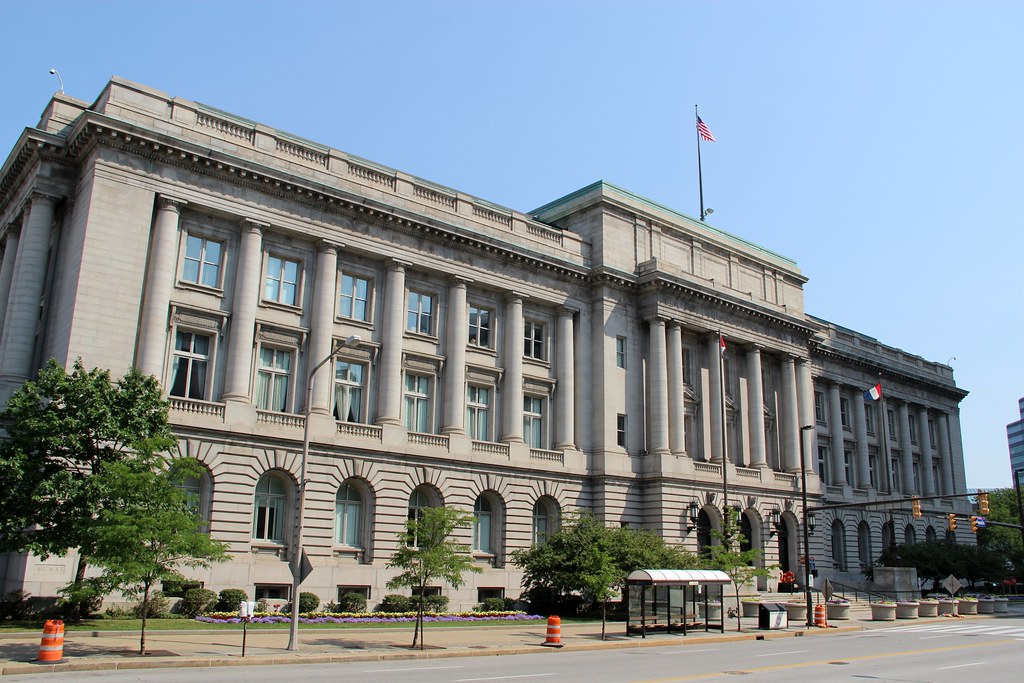
Justin Bibb and Kevin Kelley advanced from Cleveland, Ohio’s mayoral primary Tuesday night. Bibb led with 27.1% and Kelley had 19.4% as of 11:30 p.m. Eastern Time. Dennis Kucinich was third with 16.5%. Mayor Frank Jackson (D) chose not to seek election to a fifth four-year term. November’s general election will be the first without…
-
Sept. 14 mayoral primary in Cleveland is first in 20 years with no incumbent
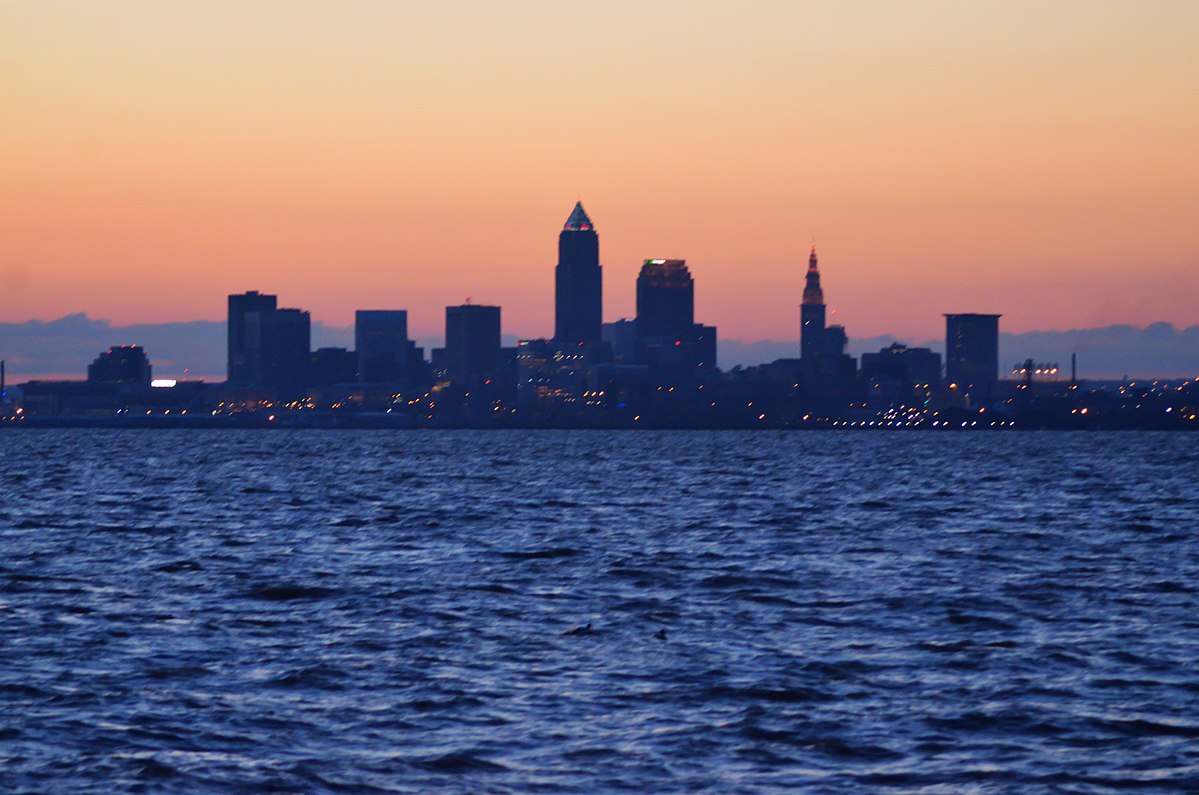
The primary election for Cleveland, Ohio, is on Sept. 14. Candidates are competing to advance to the general election scheduled for Nov. 2. The filing deadline to run passed on June 16. Candidates filed for mayor and the 17 wards of the city council. The general election will also include four seats on the Cleveland…
-
17 candidates file for Minneapolis mayoral election
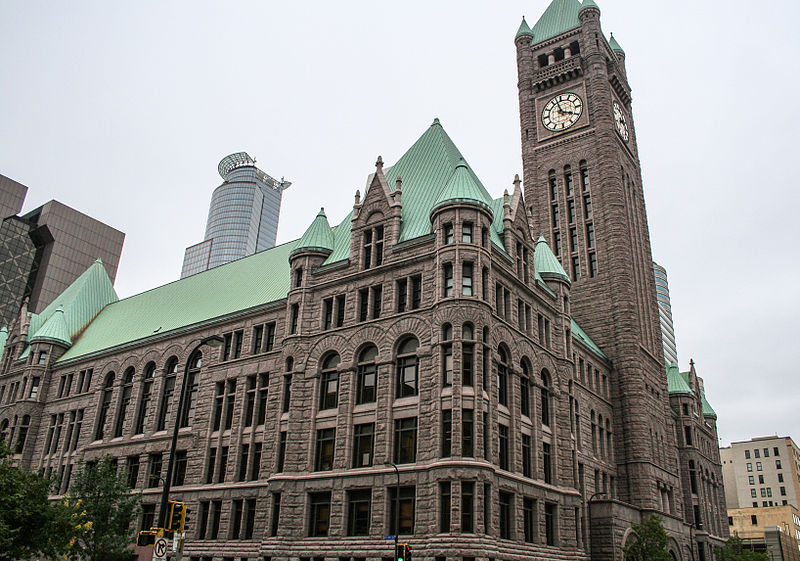
The filing deadline passed to run for elected office in Minneapolis, Minnesota, passed on Aug. 10. Candidates filed for the following offices: Mayor City Council (Wards 1-13) Board of Estimate and Taxation Park and Recreation Commissioner At Large (3 seats) Park and Recreation Commissioner (Districts 1-6) Seventeen candidates filed for the mayoral election, including incumbent…
-
Nov. 2 candidates for Topeka mayor and city council determined in Aug. 3 primary
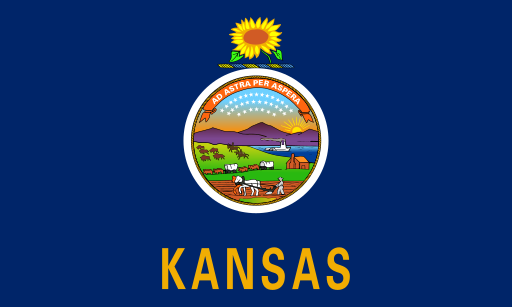
The primary for the Topeka mayor and District 3 council seat in Kansas was held on Aug. 3. Candidates competed to advance to the general election scheduled for Nov. 2. The filing deadline to run passed on June 1. Five candidates competed in the mayoral race. Mike Padilla and Leo Cangiani both advanced to the…
-
Duggan and Adams advance from Detroit, Michigan mayoral primary

Incumbent Mayor Mike Duggan and Anthony Adams advanced from Detroit, Michigan’s mayoral primary on Aug. 4, 2021. Duggan received 72.4% of the vote and to Adams’ 10%. Tom Barrow received 6% of the vote followed by Myya Jones with 5%. No other candidate received more than 2%. Before becoming mayor, Duggan was president and CEO…

